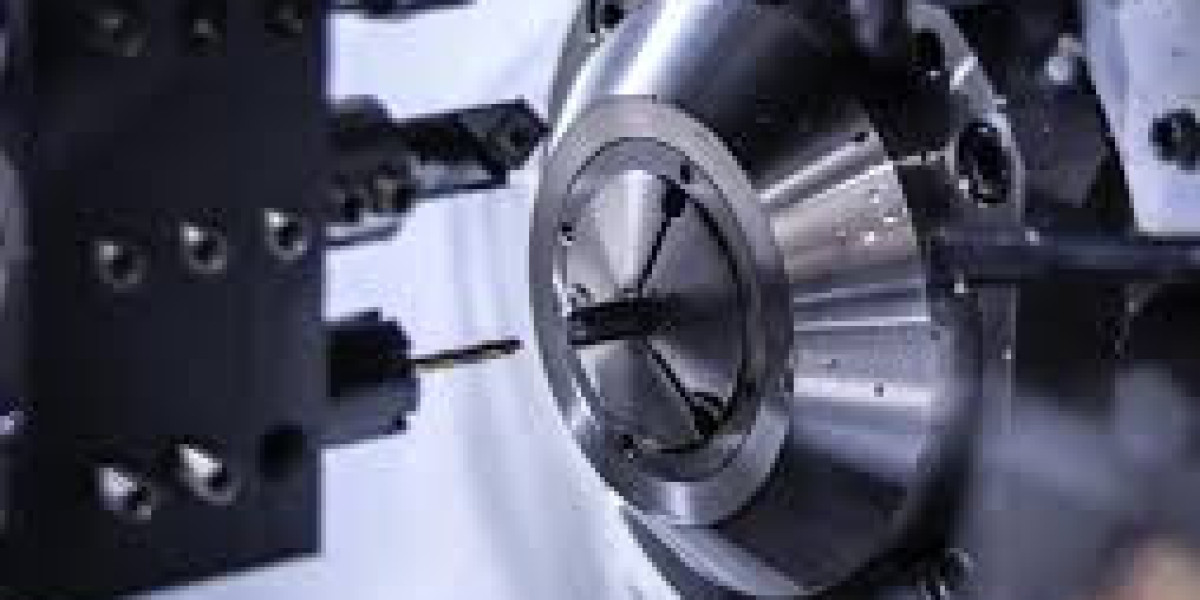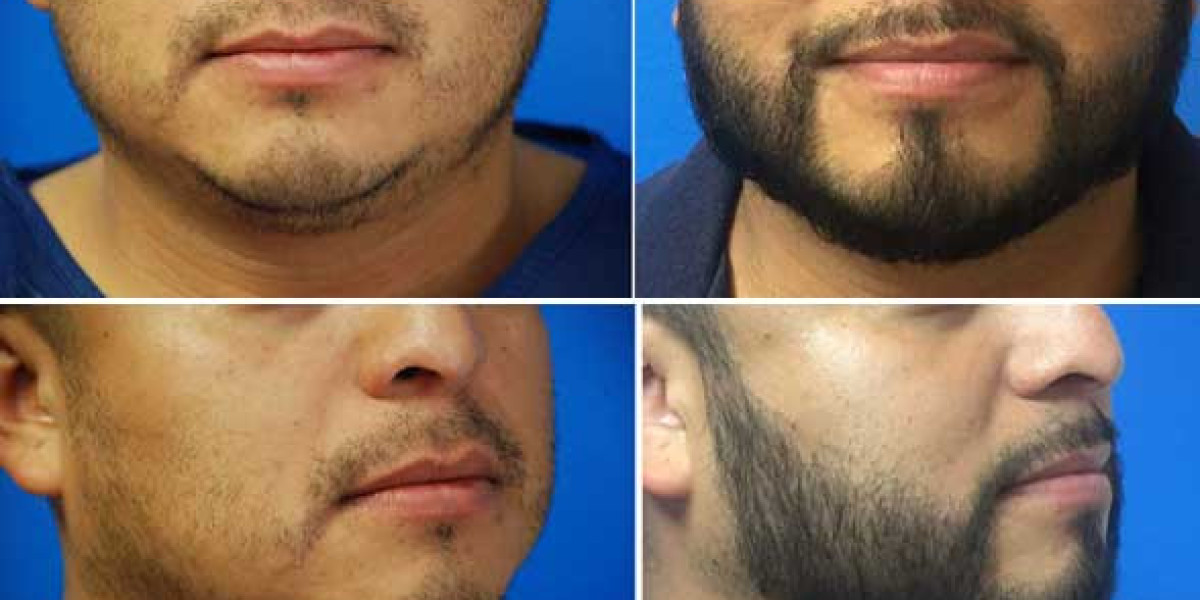The aerospace industry demands nothing short of excellence. From jet engine components to satellite housings, every part must meet extreme standards for precision, durability, and traceability. To meet these demands, manufacturers turn to AS9100 and NADCAP certified CNC machining services, particularly those capable of producing complex 5-axis parts. These certifications are not just badges—they’re essential for ensuring safety, quality, and compliance in aerospace manufacturing.
In this article, we’ll explore why AS9100/NADCAP certifications matter, how 5-axis CNC machining empowers aerospace innovation, and how advanced capabilities like Rapid Prototyping Service accelerate development cycles without compromising quality.
Why Certification Matters in Aerospace Manufacturing
AS9100 Certification
AS9100 is a globally recognized quality management standard specifically developed for the aerospace and defense industries. It builds on ISO 9001 and adds rigorous requirements for:
Risk management
Product safety
Configuration control
Supplier performance
Regulatory compliance
Any supplier manufacturing flight-critical components must demonstrate adherence to AS9100 standards to ensure parts meet both customer and legal expectations.
NADCAP Accreditation
NADCAP (National Aerospace and Defense Contractors Accreditation Program) is even more specialized. It focuses on special processes such as:
Heat treating
Welding
Nondestructive testing (NDT)
Chemical processing
Surface enhancement
NADCAP accreditation confirms that these critical operations are performed consistently and to the highest industry standards—essential for aerospace applications where failure is not an option.
The Role of 5-Axis CNC Machining in Aerospace
Aerospace components are complex, highly contoured, and often require multi-surface machining in a single setup. That’s where 5-axis machining becomes invaluable.
Benefits of 5-Axis Machining:
Precision: Holds tight tolerances for mission-critical parts
Complex Geometry: Produces turbine blades, brackets, housings, and impellers with complex curves
Single-Setup Efficiency: Reduces human error, fixture changes, and machining time
Superior Surface Finish: Achieves aerospace-grade finishes with fewer tool marks
These capabilities are essential for manufacturing lightweight, high-strength parts that perform reliably under extreme conditions.
Materials Commonly Used for Aerospace 5-Axis Parts
Titanium Alloys: High strength-to-weight ratio, corrosion resistance
Aluminum Alloys: Lightweight, thermally stable, and easy to machine
Inconel and Superalloys: Excellent at high temperatures and stress
Carbon Fiber Reinforced Plastics (CFRP): Used in structural aerospace components
Machining these materials requires not just the right tools, but also experienced technicians and tightly controlled processes—something AS9100/NADCAP-certified facilities are equipped to deliver.
Accelerating Development with Rapid Prototyping
Speed is essential in aerospace, particularly in R&D and innovation cycles. This is where services like Rapid Prototyping Service come into play.
How Rapid Prototyping Supports Aerospace:
Quick Design Validation: Test form, fit, and function before full-scale production
Material Testing: Machine prototypes from actual aerospace-grade materials
Iteration Speed: Make fast revisions based on testing and performance feedback
Reduced Risk: Identify and resolve issues before committing to production tooling
Combining rapid prototyping with certified machining capabilities ensures both speed and compliance—a rare and valuable combination in aerospace supply chains.
Applications of Certified 5-Axis Machining in Aerospace
1. Turbine and Engine Components
5-axis machining allows for intricate geometries needed in jet engines, including cooling channels and blade contours.
2. Structural Airframe Parts
Lightweight yet strong parts for fuselage, wings, and landing gear components must adhere to tight tolerances and complex shapes.
3. Avionics Housings and Mounts
Precision-machined components for sensor and control systems require EMI shielding and dimensional integrity.
4. Space Components
Satellite brackets, thruster housings, and propulsion system parts benefit from high-precision machining and certified materials.
Partnering with the Right Manufacturer
Aerospace companies need more than just machining—they need confidence. That confidence comes from working with partners who:
Are AS9100 and NADCAP certified
Have deep experience in aerospace
Operate state-of-the-art 5-axis machining centers
Offer value-added services like Rapid Prototyping
When time-to-market, safety, and performance are non-negotiable, choosing a certified manufacturer isn’t just smart—it’s essential.
Conclusion
From prototype to production, every step in aerospace manufacturing must meet uncompromising standards. AS9100/NADCAP certified facilities that specialize in complex 5-axis CNC machining deliver the precision, speed, and reliability required in today’s high-stakes aerospace environment.
Whether you’re developing the next generation of UAVs or upgrading commercial aircraft systems, incorporating a trusted Rapid Prototyping Service into your workflow can dramatically improve development efficiency while ensuring quality from the start.



